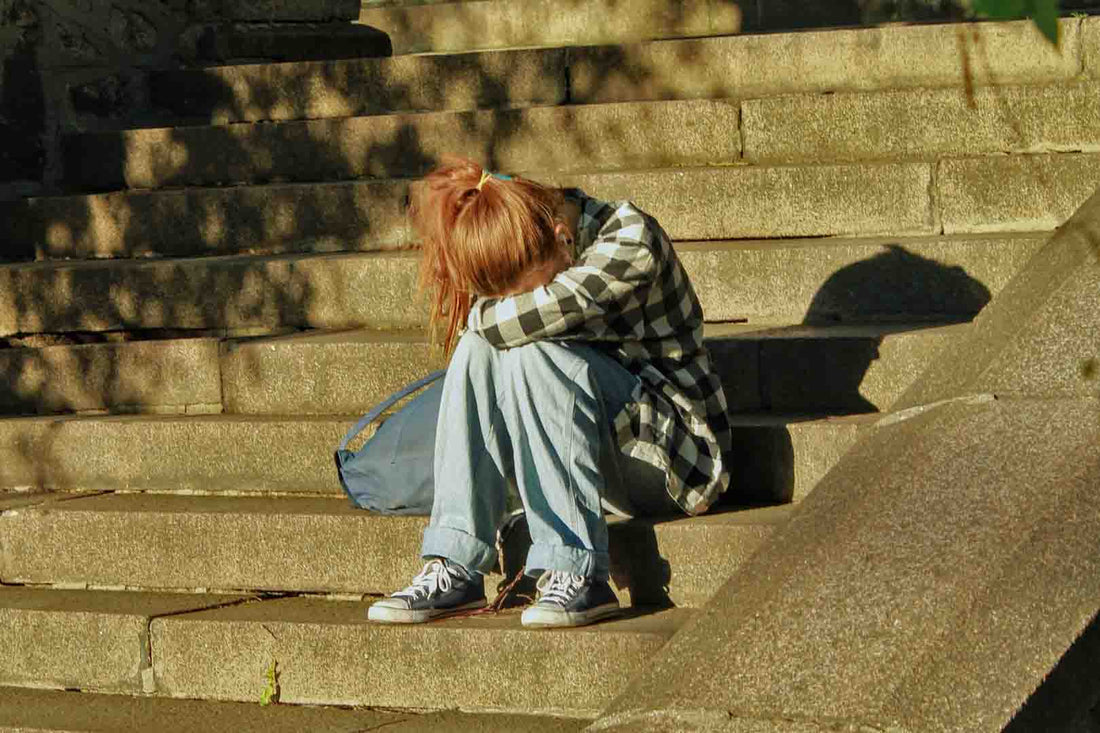In a world dominated by perfectionism and the pursuit of success and strength, many people find it difficult to show their vulnerability in public. But more and more people are recognising the value in doing just that and speaking openly about their fears and insecurities. What advantages and disadvantages can this have for well-being?
What does vulnerability in public mean?
Revealing your vulnerability means showing yourself consciously and courageously, even though you are afraid that others might reject or hurt you. In public, this means opening up not only to your closest friends and family, but also showing your vulnerable side to strangers. This can mean talking about personal issues that you normally keep to yourself, or publicly admitting mistakes or weaknesses.
Benefits of showing vulnerability in public
Better interpersonal relationships
Showing your vulnerability in public can help you build deeper and more authentic interpersonal relationships. When you talk openly about your own fears and insecurities, other people often feel encouraged to do the same. This creates a sense of connection and you realise that you are not alone with your problems. This is good for one's own well-being, as critical common ground with others can always create community and solidify one's self-image.
Stronger resilience
Vulnerability also helps to build resilience. When you face your feelings and worries, you grow from them and become more resilient to future challenges. You learn that mistakes and setbacks are part of life and that you can come out of difficult situations stronger.
Reducing stress and anxiety
When you make your vulnerability visible in public, you also take the pressure off yourself to always be perfect. This reduces stress and anxiety and you can better concentrate on the things that are really important to you.
Possible downsides of showing vulnerability in public
Rejection and condemnation
Showing vulnerability also exposes you to the possibility of rejection and condemnation. There are always people who will not understand why you share your weaknesses and insecurities publicly. You have to be aware that you cannot be liked by everyone and that there will always be people who will react negatively.
Vulnerability can be exploited
Unfortunately, there are also people who can exploit vulnerability and use weaknesses against you. You should therefore be careful who you open up to and what personal information you share. Sometimes, however, it is the way you communicate that can save you from being exploited. In any case, it is advisable to act thoughtfully and to open up in a way that can be perceived as constructive by others, thus offering little or no surface for attack.
Conclusion
Overall, it can be said that making one's vulnerability publicly visible can have both advantages and disadvantages. It can create a sense of connection and empathy, but it can also create fear and shame. It is important to be aware that showing vulnerability is not a weakness, but a sign of courage and strength. However, it is also important to be mindful that despite opening up, you protect yourself and respect the boundaries of your own well-being. Sharing vulnerability can help build a healthier relationship with oneself and others.










